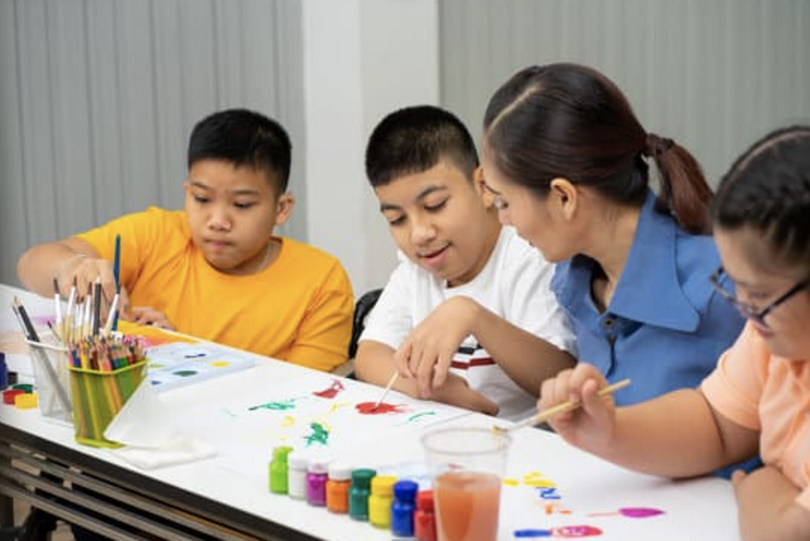In the past two years, I have been doing psychological counseling work on adolescents, and I can clearly feel that more and more exceptional teenagers (with ADHD, emotional disorders, or intellectual disabilities) come to consult me. These children do not have any disorder in behavior because of their family, gender, and parent's knowledge. Every time they see their parents' desperate and helpless eyes, there is sadness in their hearts.
The present consensus on the meaning of education for exceptional children is to provide education tailored to the needs of special children.
In 1994, the World Congress on Special Needs Education (WCSNE) adopted the concept of "special needs education," referring to children with special needs as all children and youth with physical, intellectual, social, emotional, linguistic, or any other special educational needs. This includes children with disabilities and gifted children, street and working children, children from remote areas or nomadic populations, children belonging to linguistic, ethnic, or cultural minorities, and children from other disadvantaged or marginal areas or groups.
I've been caring for four exceptional children recently, of which two boys are twins, both with autism, and their learning abilities differ greatly compared to their peers. Although they come to attend the gathering every week, they often sit in the corner and draw pictures alone and cannot remember what is said during the gathering. However, with the continuous efforts of the co-workers, both of them can basically express their needs clearly.
A teenager with ADHD (Attention Deficit Hyperactivity Disorder) who is currently in the second grade of primary school. He keeps moving all the time, except when he is sleeping. He can't concentrate, has trouble sitting down, is often disruptive, and easily confronts believers.
Another teenager who is addicted to the Internet rarely participates in group interactions. Every time I visited him, he would be playing online games. Because of his online game addiction, he dropped out of school and stays at home for two years. Besides playing games and sleeping, he is not interested in anything else.
At present, there is only one part-time tutor in our studio, but due to the lack of professional skills, time, and energy, it is difficult to provide effective help to the above children.
There needs to be more attention, more teachers, and more equipment are the current status of caring for exceptional children. However, they also need to know the truth about the Lord.
I often think of the testimony of Nick Vujicic. Although he has no limbs, which brings unprecedented inconvenience to his life, Vujicic, under the correct guidance and teaching, does not abandon himself but can bring help to hundreds of thousands or even millions of people's lives.
In many cases, people often look at things with a limited vision and choose the direction of work based on the rate of return, so few people are willing to invest and pay the price in helping exceptional children. However, we must also admit that there may be "good" and "bad" in the eyes of humans, but in the eyes of the Lord, only all His beautiful works.
One day, autistic children, children with emotional disorders, and teenagers with Internet addiction can be freed from their bonds and gain freedom. Isn't this the fruit of goodness?
The work of caring for exceptional children needs attention from all people, not out of duty to finish the existing work but because of the original kindness and love in human nature. Because of this kind of love, we would be willing to care about every special person!
- Translated by Nicolas Cao












